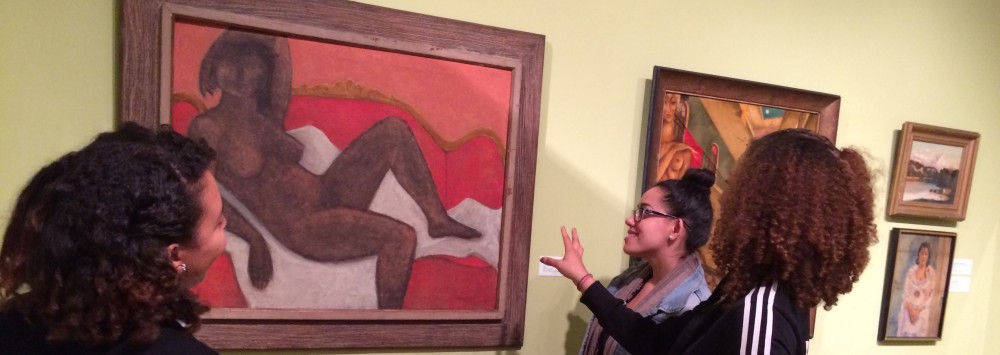ANTH B271 Museum Anthropology: History, Politics, Practices This course provides an in-depth exploration of museum anthropology: the critical study of museum practices from an anthropological perspective. The course will fundamentally consider the role of museums in exhibiting culture–the politics of placing cultures on display, from living humans and human remains to cultural objects and artifacts. The course will also consider changing practices in museum anthropology, including repatriation efforts, shifting notions of heritage and identity and the emergence of community-curated exhibitions. This course complements the theoretical explorations of the museum with visits to area museums and hands-on work in Special Collections.
Psych B231 Health Psychology: (Society, and the Self – Stories at the Mütter Museum) How does society influence physical health and shape our perception of desease? What is the mind body connection and how has it been historically conceptualized? Jave identity differences/racial and gender health disparities been “overbiologized”? These are a sampling of the essential questions in students’ intellectual inquiry into Health Psychology. While Health Psychology students engage in the material via discussion, writing, lecture, film, and presentations, this course will also provide Health Psychology students access to the specimens and historical documents at the Mütter Museum in Philadelphia. This visit would allow students to engage in critical Health Psychology inquiry, accessing material which currently exists in textbook images. Students enrolled in Health Psychology will have the opportunity to engage with critical, theoretical health psychology museum scholarship.
EDU 311: Fieldwork Seminar The organizing theme for this course is “Theories of Change” and within that focus we consider multiple perspectives on change from different sectors and disciplines, including: the business sector, the nonprofit sector, academia and research, district level initiatives, counseling / spiritual based realms, change within the classroom and media / journalism. This course also includes “Museum based theories and practices of change – to the individual and to society” to this emerging list of educational sectors and areas. The museum enables us to study issues already central to the education program, including – the construction, production and dissemination of knowledge and issues of identity, access and representation – through the new and complex lens of the museum. We can together consider concepts like: the “exhibit” as “curriculum” come to life for visitors, the museum as a site for constructing or legitimating knowledge or the museum as representation of others’ histories, identities and daily lives. In addition, the students engage in five hours of fieldwork in an educational site each week and do considerable work analyzing learnings accomplished in the field through the course.
